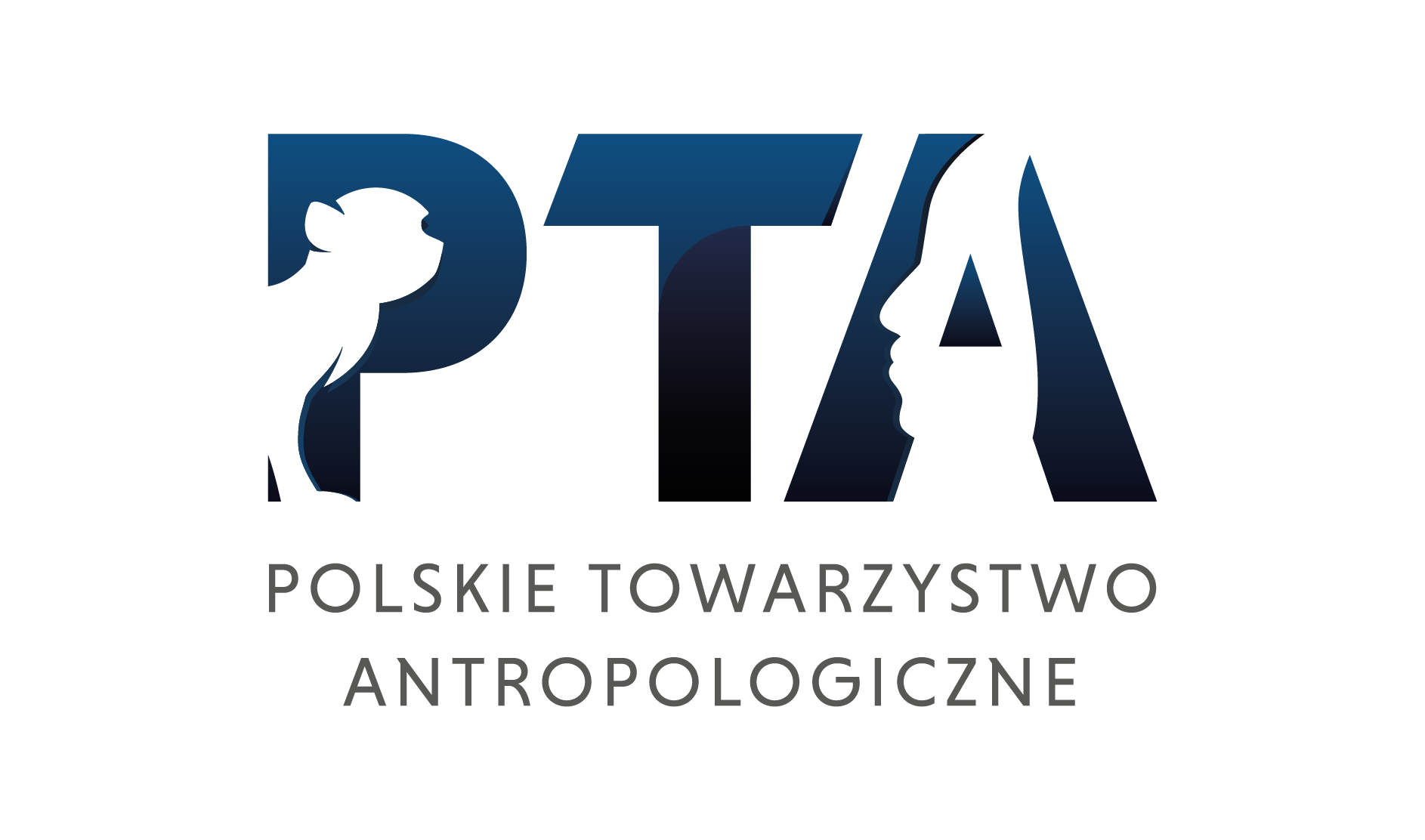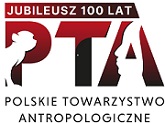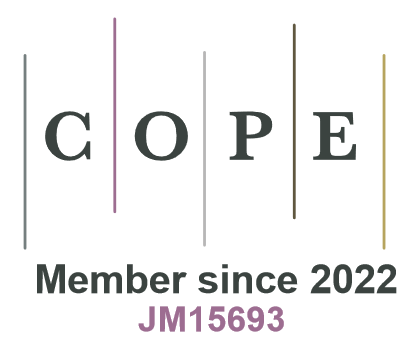Craniological Characteristics of the 14th-17th cc. Population in Lithuania
DOI:
https://doi.org/10.18778/1898-6773.43.2.08Abstract
Praca niniejsza jest kontynuacją badań prowadzonych przez autora na litewskich materiałach szkieletowych. W poprzednich opracowaniach przedstawiono ogólną charakterystykę materiału oraz analizę odległości Penrose'a na podstawie cech metrycznych 7. W świetle tej analizy całość litewskiego materiału kraniologicznego okazała się w zasadzie homogeniczna.
Spis badanych materiałów wraz z charakterystyką pod względem liczebności oraz strukturą płci i wieku zawiera tabela 1. W wyborze cech niemetrycznych autor kierował się zaleceniami podanymi w obszernej literaturze oraz własnym doświadczeniem badawczym i możliwościami obserwacji, jakie dawał materiał. Spis ostatecznie wybranych do badań 34 cech, wraz z charakterystyką statystyczną ich występowania w materiale litewskim, przedstawiają tabele 2 i 3.
Na podstawie częstości występowania cech niemetrycznych w poszczególnych seriach czaszek autor obliczał odległości biologiczne pomiędzy nimi stosując średnią miarę rozbieżności MMD obliczaną według wzoru podanego na str. 350. Obliczenia MMD wykonano osobno dla wszystkich 34 cech podanych nad przekątną w tabeli 4 oraz dla 16 cech wykazujących największą zmienność pomiędzy seriami litewskimi pod przekątną w tabeli 4. Ten ostatni zabieg wykonano celem zwiększenia mocy dyskryminacyjnej MMD.
Ostatecznie stwierdzono, że mimo iż wartości MMD są bardzo małe dla ogromnej większości porównań między seriami (znaczna homogeniczność materiału), zaznacza się geograficzna polaryzacja serii na grupy: południowo-wschodnią i północno-zachodnią. Stwierdzenie to zgodne jest z wnioskiem wyciągniętym na podstawie analizy cech antropometrycznych.
Downloads
References
Ashley-Montagu M. F., The anthropological significance of the pterion in the primates, Amer. J. Phys. Anthr. 1933-34, 18, 2, 159.
View in Google Scholar
DOI: https://doi.org/10.1002/ajpa.1330180216
Ashley-Montagu M. F., The direction and position of the mental foramen in the great apes and man, Amer. J. Phys. Anthr., 1954, 12, 4, 503.
View in Google Scholar
DOI: https://doi.org/10.1002/ajpa.1330120404
Berry A.C., Berry R.J., Epigenetic variation in the human cranium, J. Anat., 1967, 101, 2, 361.
View in Google Scholar
Berry A. C., The use of non-metrical variations of the cranium in the study of Scandinavian population movements, Amer. J. Phys. Anthr., 1974, 40, 3, 345.
View in Google Scholar
DOI: https://doi.org/10.1002/ajpa.1330400306
Bolk L., Die verschiedenen Formen des Condylus tertius und ihre Entstehungsursache, Anat. Anz., 1921, 54, 16, 335.
View in Google Scholar
Broman G. E., Precondylar tubercles in American Whites and Negroes, Amer. J. Phys. Anthr., 1957, 15, 1, 125.
View in Google Scholar
DOI: https://doi.org/10.1002/ajpa.1330150114
Cesnys G., Craniological characteristics of the 14th - 17th cc. population in Lithuania. I. Male crania, Przegl. Antrop., 1976, 42, 233.
View in Google Scholar
DOI: https://doi.org/10.18778/1898-6773.42.2.04
Cocchi A., Ricerche antropologiche sul torus palatinus, Arch. antrop., 1892, 22, 281.
View in Google Scholar
Collins H. B., The temporofrontal articulation in man, Amer. J. Phys. Anthr., 1926, 9, 343.
View in Google Scholar
DOI: https://doi.org/10.1002/ajpa.1330090322
Collins H. B., Note of the pterion, Amer. J. Phys. Anthr., 1930, 14, 1, 41.
View in Google Scholar
DOI: https://doi.org/10.1002/ajpa.1330140107
Corruccini R. S., An examination of the meaning of cranial discrete traits for human skeletai biological studies, Amer. J. Phys. Anthr., 1974, 40, 3, 425.
View in Google Scholar
DOI: https://doi.org/10.1002/ajpa.1330400315
Grewal M. S., The rate of genetic divergence of sublines in the C57 BL strain of mice, Genet. Res., 1962, 3, 226.
View in Google Scholar
DOI: https://doi.org/10.1017/S0016672300035011
Henschen F., Cribra cranii, a skull condition said to be of racial or geographical nature, Path. Miérobiol., 1961, 24, 4, 724.
View in Google Scholar
DOI: https://doi.org/10.1159/000161189
Kodama G., Developmental studies on the squama occipitalis in the human skull, Hokaido J. Med., Sci., 1973, 48, 4, 351.
View in Google Scholar
Kozintsev A., Ispolzovanije diskretno-variirujuséich kraniologiceskich priznakov pri individualnoj diagnostike, Voprosy antropologii (Moskva), 1973, 44, 136.
View in Google Scholar
Kozintsev A., Metopizm v Evrope, Voprosy antropologii (Moskva), 1975, 49, 116.
View in Google Scholar
Kuppfer L., Schädel abweichender Form aus der Königsberger anatomoschen Sammlung, Verh. Berl. Gesell. Anthrop., 1877, 203.
View in Google Scholar
Movsesyan A.A., et al, Programma i metodika issledovanija anomalij éerepa, Voprosy antropologii (Moskva), 1975, 51, 127.
View in Google Scholar
Nemeskéri J., Die spätmittelalterliche Bevólkerung von Fonyód, Budapest, 1963.
View in Google Scholar
Olivier G., Quantification des charactères descriptifs du crâne humain, [w:] Anthropologie und Humangenetik, Gustav Fischer, Stuttgart, 1968, 36.
View in Google Scholar
Sjovold T., The occurrence of minor non-metrical variants in the skeleton and their quantitative treatment for population comparisons, Homo, 1973, 24, 204.
View in Google Scholar
Suchey J. M., Biological distance of prehistoric Central California populations derived from non-metric traits of the cranium, Dissertation, University of California, Riverside, 1975.
View in Google Scholar
Talko-Hryncewicz J., Hoyer H., Cmentarzysko szkieletowe w Łankiszkach pod Naczą na Litwie z XIV - XVI w. pod względem antropologicznym, Rozpr. wydz. mat.-przyrod. Pol. Akad. Umiejęt., 1922, 21(61), 181.
View in Google Scholar
Welcker H., Cribra orbitalia, ein ethnologisch-diagnostisches Merkmai am Schädel mehrerer Menschenrassen, Arch. Anthrop., 1887, 17, 1-2, 1.
View in Google Scholar
Zilinskas J., Jurgutis A., Crania Lithuanica (XX améiaus ir iskastinés lietuviy kaukoles), Vytauto Didžiojo Universiteto Medicinos fakulteto darabai (Kaunas), 1939, 5, 3, 303.
View in Google Scholar
Downloads
Published
How to Cite
Issue
Section
License

This work is licensed under a Creative Commons Attribution-NonCommercial-NoDerivatives 4.0 International License.








